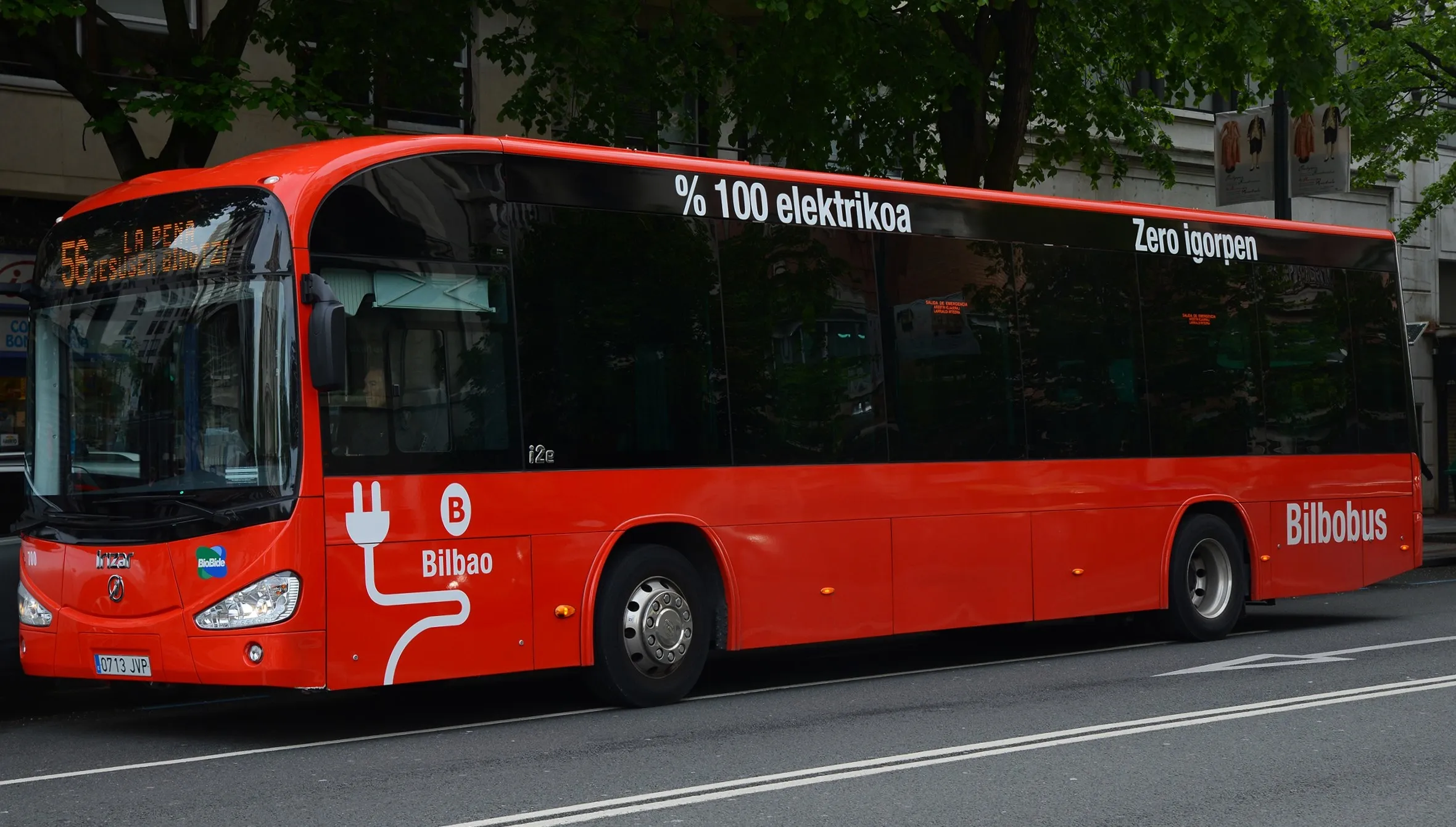Mobile ticketing and fare collection solutions provider Masabi has launched the JustRide SDK mobile ticketing software development kit (SDK) for the transport industry, allowing Masabi’s strategic partners to incorporate mobile ticketing into existing apps, extending the functionality, while adding a new revenue stream.
French Transport giant Keolis is the first SDK customer, through its digital subsidiary, Kisio. It has integrated Masabi ticketing along with validation technology and retail analytics
December 15, 2016
Read time: 2 mins
Mobile ticketing and fare collection solutions provider 6870 Masabi has launched the JustRide SDK mobile ticketing software development kit (SDK) for the transport industry, allowing Masabi’s strategic partners to incorporate mobile ticketing into existing apps, extending the functionality, while adding a new revenue stream.
French Transport giant6546 Keolis is the first SDK customer, through its digital subsidiary, Kisio. It has integrated Masabi ticketing along with validation technology and retail analytics into its PlanBookTicket mobility solution which will be first launching in Montargis, France in January 2017. The solution is currently in a public beta test.
The JustRide SDK allows an integrated app to request fare types and deliver barcode tickets to a rider through a ticket wallet. The wallet communicates with Masabi servers to understand complex fare tables and manage the ticket lifecycle and security. Operators using the SDK will also have access to the JustRide Hub, from where they can access a wealth of back office data including real-time sales, usage and validation information and an extensive customer services interface.
PlanBookTicket will incorporate barcode-based mobile ticketing and validation technology from Masabi’s award-winning JustRide Platform to create a branded solution upon which fully integrated applications will be built for Keolis public transport subsidiaries across France. Validation of barcode tickets will take place using JustRide Inspect, both for handheld checking by Revenue Protection Officers using iOS and Android smartphones and those operators using on-board validation devices.
French Transport giant
The JustRide SDK allows an integrated app to request fare types and deliver barcode tickets to a rider through a ticket wallet. The wallet communicates with Masabi servers to understand complex fare tables and manage the ticket lifecycle and security. Operators using the SDK will also have access to the JustRide Hub, from where they can access a wealth of back office data including real-time sales, usage and validation information and an extensive customer services interface.
PlanBookTicket will incorporate barcode-based mobile ticketing and validation technology from Masabi’s award-winning JustRide Platform to create a branded solution upon which fully integrated applications will be built for Keolis public transport subsidiaries across France. Validation of barcode tickets will take place using JustRide Inspect, both for handheld checking by Revenue Protection Officers using iOS and Android smartphones and those operators using on-board validation devices.








